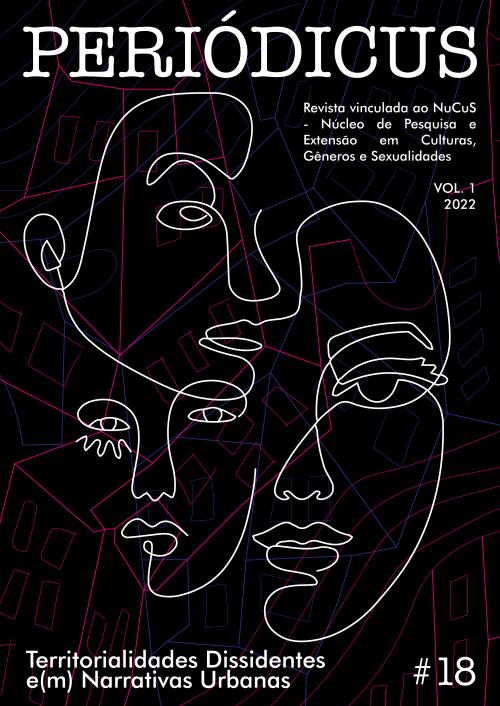About the “mundiça” and the “bichas cocotes”
georeferencing and social class in the gay circuits of Recife
DOI:
https://doi.org/10.9771/peri.v1i18.49832Abstract
This article is about the georeferencing of the sociability of men with homosexual practices in the metropolitan region of Recife (RMR), resulting from an ethnography produced with participant observation, interviews, and behavioral survey. The most mentioned places are nightclubs and bars and are located in the center of the capital of Pernambuco. The frequentation of spaces shows marks of age, marital status, religion, work, and social class. We emphasize social class and take as our object the two most cited nightclubs: MKB and Metrópole. The first is described as dirty and disgusting, frequented by ‘promiscuous’ people, who enjoy the darkroom (for sex), by people badly dressed, unhygienic and poor (‘mundiça’), by ‘pocs’– poor and effeminate gays. The Metrópole is described as the elite, luxurious and well frequented by elegant gays (‘bichas cocotes’). The stigmatization process that gives meaning to places has to do with the components of schooling, of social class and uses stigmatized category markers in two other systems – ‘poc’/effeminate/gender and dark room/promiscuous/sexuality.
Downloads
Downloads
Published
How to Cite
Issue
Section
License
Copyright (c) 2022 Luís Felipe Rios, Luciana Vieira

This work is licensed under a Creative Commons Attribution-NonCommercial 4.0 International License.
Autores que publicam nesta revista concordam com os seguintes termos:
Autores mantêm os direitos autorais e concedem à revista o direito de primeira publicação, com o trabalho simultaneamente licenciado sob Licença Creative Commons Attribution Noncommercial que permite o compartilhamento do trabalho com reconhecimento da autoria e publicação inicial nesta revista, sendo vedado o uso com fins comerciais.
Autores têm autorização para assumir contratos adicionais separadamente, para distribuição não-exclusiva da versão do trabalho publicada nesta revista (ex.: publicar em repositório institucional ou como capítulo de livro), com reconhecimento de autoria e publicação inicial nesta revista.
Autores têm permissão e são estimulados a publicar e distribuir seu trabalho online (ex.: em repositórios institucionais ou na sua página pessoal) a qualquer ponto antes ou durante o processo editorial, já que isso pode gerar alterações produtivas, bem como aumentar o impacto e a citação do trabalho publicado (Veja O Efeito do Acesso Livre).







